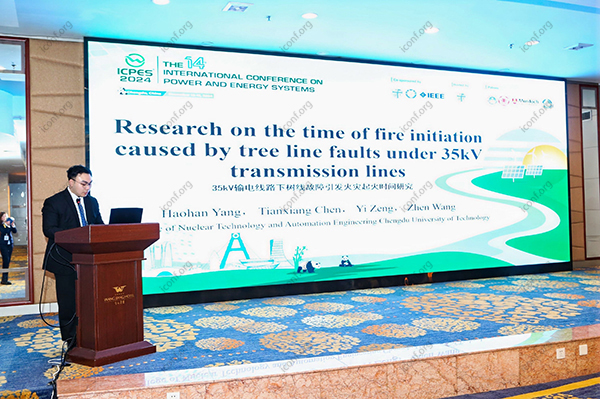Attending international academic conferences can be a major milestone in a researcher's career. These events offer valuable opportunities for networking, knowledge sharing, and showcasing academic work. However, they also come with a variety of expenses. Understanding these costs in advance helps participants plan accordingly and avoid surprises. Here's a detailed overview of the common costs involved in attending international conferences.

1. Conference Registration Fees
Most conferences charge a registration fee which grants access to sessions, keynote speeches, and often includes conference materials and meals such as coffee breaks or a welcome dinner. Fees can vary depending on the prestige and location of the conference. Typical fees range from $200 to $1000 USD, with discounts often available for students or early-bird registrants.
2. Paper Submission Fees (If Applicable)
Some international conferences, especially those that offer open access publication, may charge submission or processing fees. These are usually separate from the registration fees and are non-refundable. It's important to check the conference’s policies before submitting your paper.
3. Travel Costs
Airfare, trains, or other transportation costs can be significant, especially for overseas conferences. Planning early and booking tickets in advance can reduce travel expenses. Be sure to factor in airport transfers, taxis, or local transport at the destination.
4. Accommodation
Conference attendees are typically responsible for booking their own lodging. While some conferences offer discounted rates at partner hotels, the costs can still vary widely. Choosing accommodations close to the venue helps reduce commuting time and expenses.
5. Visa Fees
If you're attending a conference in another country, you may need a travel visa. This may involve costs for:
-
Visa application fees
-
Documentation and translation
-
Courier or agency services
Visa processing time should also be considered when planning to attend.
6. Daily Expenses
Attendees should budget for:
-
Meals not covered by the conference
-
Local transportation
-
Incidentals such as tips, snacks, or internet fees
7. Optional Expenses
Some participants may choose to:
-
Purchase travel insurance
-
Join local tours or academic site visits
-
Extend their stay for vacation or research collaboration
These optional costs can add significantly to your budget, so it's wise to plan ahead.
Final Thoughts
Attending an international academic conference can be both intellectually enriching and financially demanding. Being aware of all possible expenses is essential for effective planning. Researchers are encouraged to apply for institutional funding or travel grants whenever possible.
To explore quality academic conferences and stay updated on submission deadlines, visit iconf.org, a trusted platform for academic event information. Whether you're a seasoned researcher or a first-time presenter, managing your conference costs wisely will ensure a smooth and successful academic experience.
